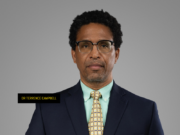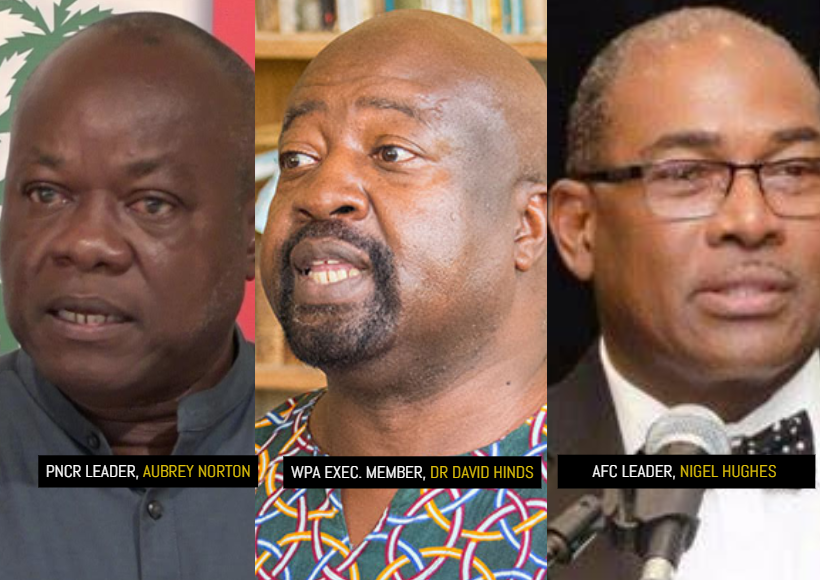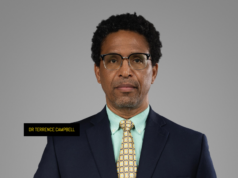Executive Member of the Working People’s Alliance (WPA), Dr. David Hinds, is confident that had his party been part of the negotiations, the outcome of coalition talks between the Alliance For Change (AFC) and A Partnership for National Unity (APNU) could have been different.
Dr. Hinds made the comment during a recent Caribbean Tea interview, where he delved into the “political culture” of “Big and Small Party Politics”, a dynamic he believes has complicated the two parties’ efforts to unite ahead of the September 1, 2025, polls.
“We’ve become trapped with that nomenclature, which itself has become culture…We have a situation where the PNC is considered the big party and acts like a big party. The AFC considers itself the second-biggest party, and it acts like a second-big party, and then the rest of us are incidental,” Dr. Hinds said.
He explained that during the APNU–AFC negotiations, it appeared that only the two “big parties” were at the table, attempting to determine the fate of the combined opposition. He argued that if the WPA, a “small party”, had been included, the results could have been more fruitful.
“What we would have given to have been at the table with the PNC and the AFC in these negotiations. And I’m confident, if a party like the WPA was sitting there with these two so-called big parties. I think our outcomes would have been different,” he noted.
Dr. Hinds said the WPA once explored the notion of consensus in allowing for fruitful negotiations, but acknowledged that the prevailing “Big Party, Small Party” mentality would have likely stifled such an approach.
Instead, he said that the WPA made peace with the existing political structure, accepting a position of compromise, essentially, acknowledging its place and allowing the larger parties to take precedence.
“That is why my party, from very early, conceded. Look: the PNC is considered a big party, [and] they should have the number one candidate, meaning the presidential candidate. We were not going to contest that, and we were prepared that the number two candidate (Prime Ministerial) should be given to the second-biggest party, and then we would move on from there to the rest of us minions,” he said.
In this context, Dr. Hinds expressed empathy toward the AFC for trying to promote consensus in a system that does not support it.
“Ours is a political construct that operates based on big parties and small parties. So I feel for the AFC, which has been introducing the notion of consensus on a political culture that doesn’t work based on consensus,” he said.
As it stands, both the APNU and the AFC have signaled no intention to reunite for the upcoming elections. Still, some political observers believe there is time for that position to change. Dr. Hinds is one such believer.













